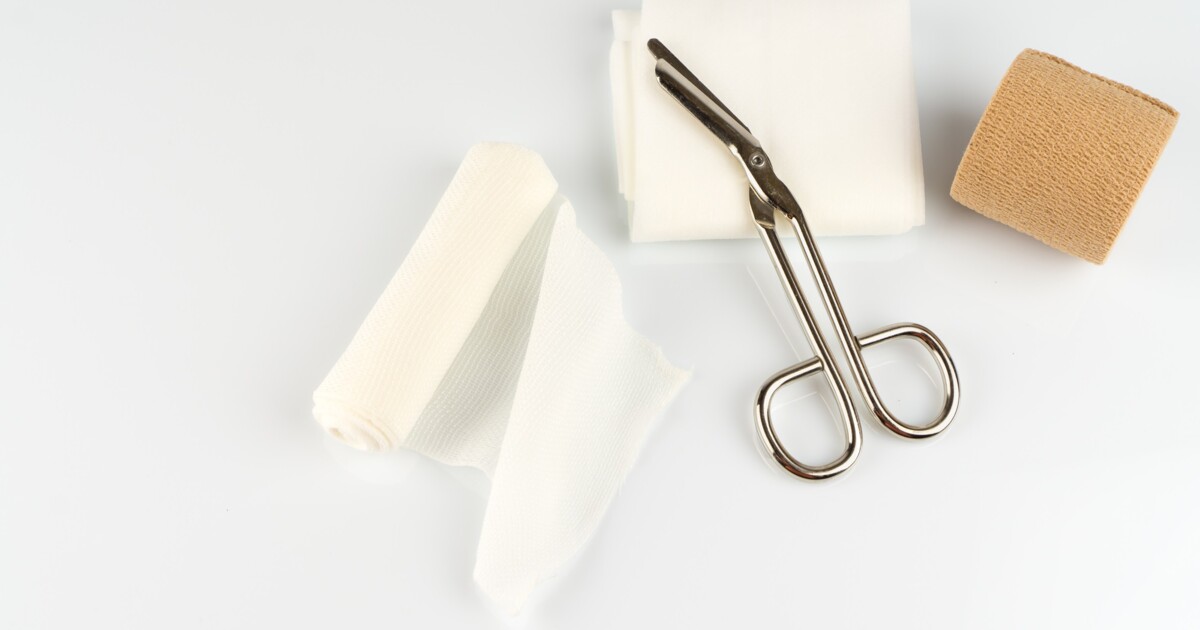
In the heart of healthcare evolution, Uxbridge is witnessing a profound transformation with the adoption of single-use instruments. This article aims to delve into the intricacies of this paradigm shift, shedding light on the advantages, environmental considerations, and regulatory landscape surrounding the use of Single Use Instruments in UK.
Traditionally, medical instruments were designed for repeated use, necessitating stringent sterilization protocols. However, the emergence of single-use instruments signifies a departure from tradition. This shift is not merely about convenience but embodies a commitment to infection control, cost efficiency, and environmental sustainability.
Exploring Single Use Instruments in UK:
This article serves to unravel the layers of single-use instruments, providing readers with insights into their applications, benefits, and the broader impact on Uxbridge’s healthcare system. By the end, readers will gain a comprehensive understanding of why “use and discard” is becoming the new standard in this vibrant UK town.
Unpacking Single Use Instruments in UK:
Defining Single Use Instruments in UK:
Single-use instruments are medical tools designed for a one-time application, eliminating the need for complex sterilization processes. This section explores the definition and scope of single-use instruments, showcasing their prevalence across various medical domains.
The Diverse Range of Single Use instruments in UK:
The diversity of single-use instruments in Uxbridge is noteworthy, ranging from disposable syringes to one-time-use surgical blades. This section delves into the various types, highlighting their specific applications and benefits.
The Evolution of Single-Use Technology in Uxbridge:
The journey of single-use instruments in Uxbridge is marked by technological advancements. Innovations in materials, design, and production processes have contributed to the creation of safer, more efficient instruments. This section traces the timeline, showcasing the milestones that have shaped the current landscape.
Benefits of Single Use Instruments in UK:
i. Enhanced Infection Control:
One of the primary advantages of single-use instruments is their unparalleled level of infection control. With each instrument used only once, the risk of cross-contamination is minimized, ensuring a safer environment for both healthcare providers and patients.
ii. Financial Efficiency:
Contrary to common misconceptions, the adoption of single-use instruments can result in substantial cost savings for healthcare facilities. This section breaks down the cost dynamics, highlighting how the initial investment translates into long-term financial benefits.
iii. Improved Convenience and Accessibility:
The convenience of using single-use instruments cannot be overstated. Healthcare providers in Uxbridge find that the ease of access to sterile, ready-to-use instruments enhances overall efficiency, leading to improved patient care.
Environmental Considerations:
Managing Medical Waste:
While the advantages are apparent, the environmental impact of single-use instruments is a topic of concern. This section explores the challenges posed by the increased generation of medical waste, shedding light on the measures taken in Uxbridge to address this issue.
Uxbridge’s Commitment to Sustainability:
Uxbridge is not just embracing single-use instruments; it is also making significant strides towards sustainable healthcare practices. From recycling initiatives to eco-friendly packaging, this section explores how the town is balancing medical advancements with environmental responsibility.
Balancing Medical Advancements with Environmental Responsibility:
Addressing concerns surrounding medical waste, Uxbridge actively collaborates with waste management systems to ensure the responsible disposal of single-use instruments. This section outlines the initiatives in place, emphasizing the commitment to maintaining a green and healthy environment.
Regulatory Landscape in Uxbridge:
Adherence to UK Regulations:
The adoption of single-use instruments in Uxbridge is not a haphazard process. Strict adherence to UK regulations ensures that these instruments meet the highest standards of quality and safety. This section provides an overview of the regulatory framework governing single-use instruments in the UK.
Ensuring Quality Assurance and Safety Standards:
Quality assurance is paramount in healthcare. Uxbridge prioritizes the implementation of rigorous safety standards, ensuring that single-use instruments not only meet regulatory requirements but also exceed expectations in terms of reliability and performance.
Technological Advancements:
Innovations in Single Use Instruments in UK:
Technological innovation is at the core of Uxbridge’s healthcare transformation. This section explores the cutting-edge technologies incorporated into single-use instruments, enhancing their precision, durability, and overall effectiveness.
Integrating with Digital Health Systems:
In the digital age, seamless integration with electronic health records and other digital health systems is crucial. Uxbridge’s healthcare providers leverage technology to streamline processes, making the use of single-use instruments an integral part of the digital health ecosystem.
Frequently Asked Questions about Single Use Instruments in UK:
Are single use instruments in UK as effective as traditional ones?
This FAQ section addresses common concerns about the performance of single-use instruments compared to their traditional counterparts, highlighting their efficacy through rigorous testing.
How is the disposal of single use Instruments in UK waste managed in Uxbridge?
The responsible disposal of medical waste is a critical aspect of the use and discard model. This FAQ provides insights into the waste management systems in place in Uxbridge, emphasizing sustainability.
What are the financial implications for healthcare facilities?
While the initial investment in single-use instruments may seem higher, this FAQ section breaks down the long-term cost implications for healthcare facilities, dispelling myths and highlighting the financial benefits.
Conclusion:
In conclusion, the adoption of single-use instruments in Uxbridge is a multifaceted strategy aimed at enhancing infection control, cost-efficiency, and environmental responsibility. The key points discussed in this article reflect the holistic approach taken by the town’s healthcare system.
As technology continues to advance and environmental awareness grows, the future prospects of single-use instruments in Uxbridge appear promising. This concluding section explores potential developments and innovations that may further refine and expand the use of single-use instruments in healthcare.

Tech Hub Digital, a one-stop destination for complete technology-related information.

